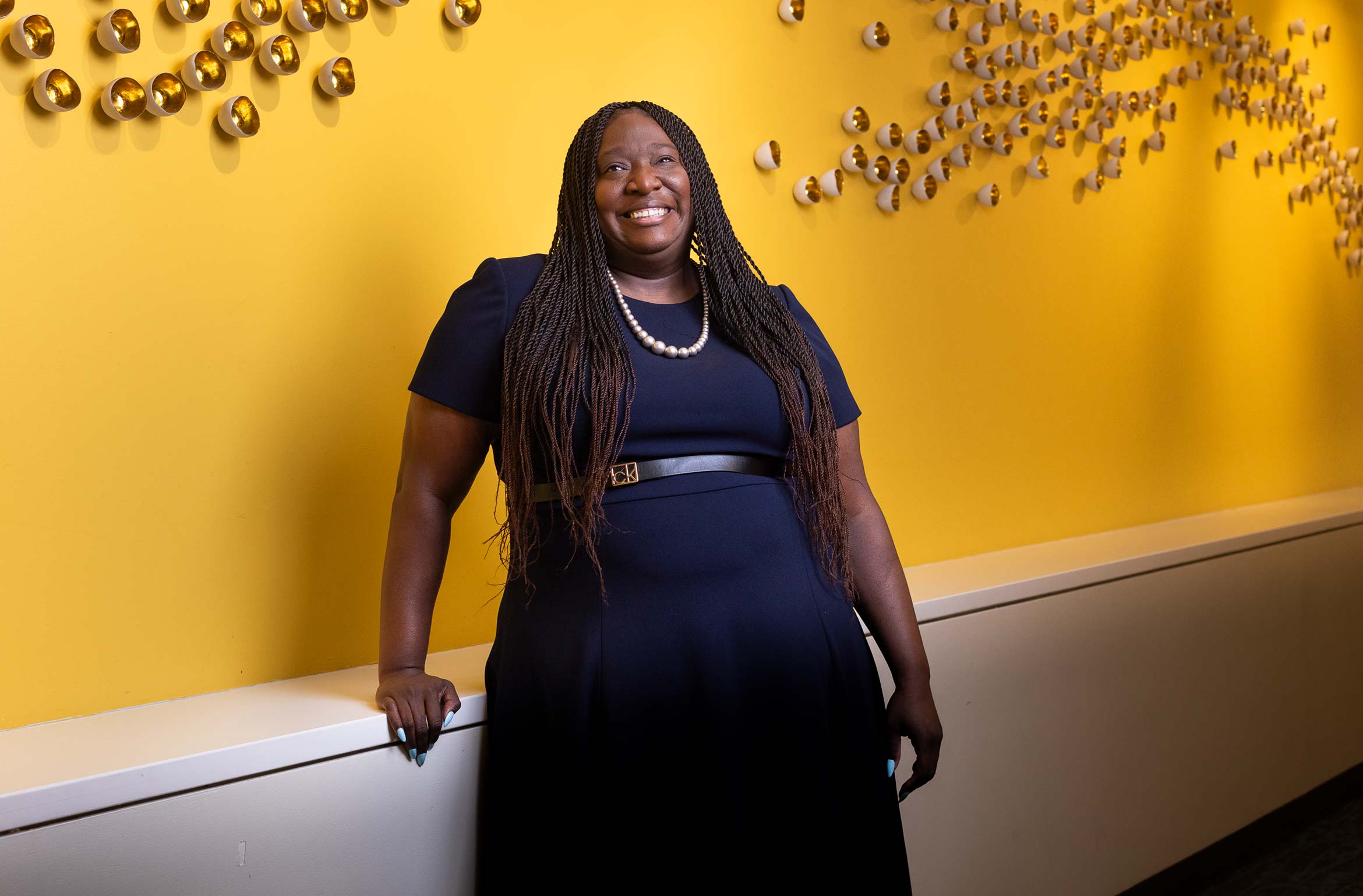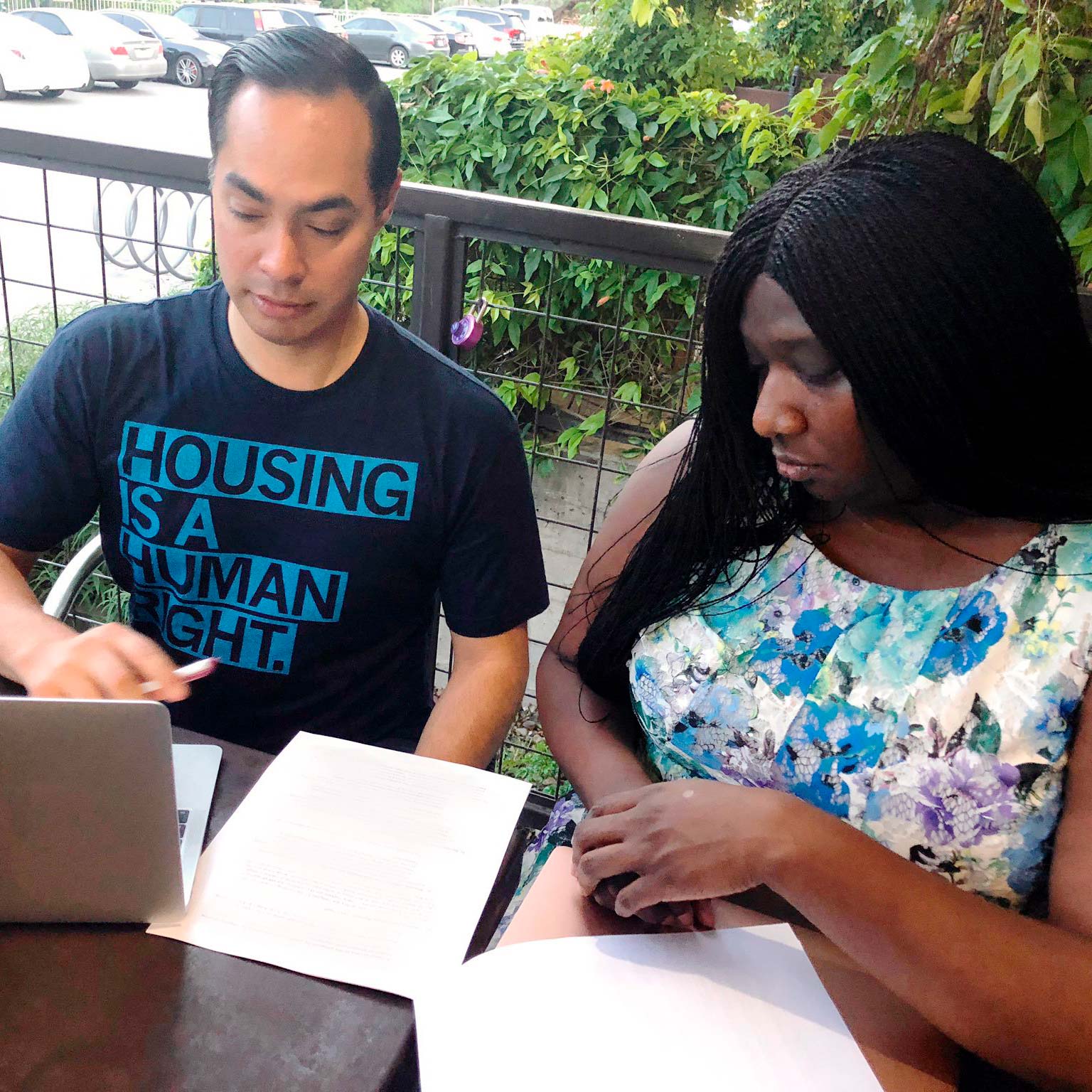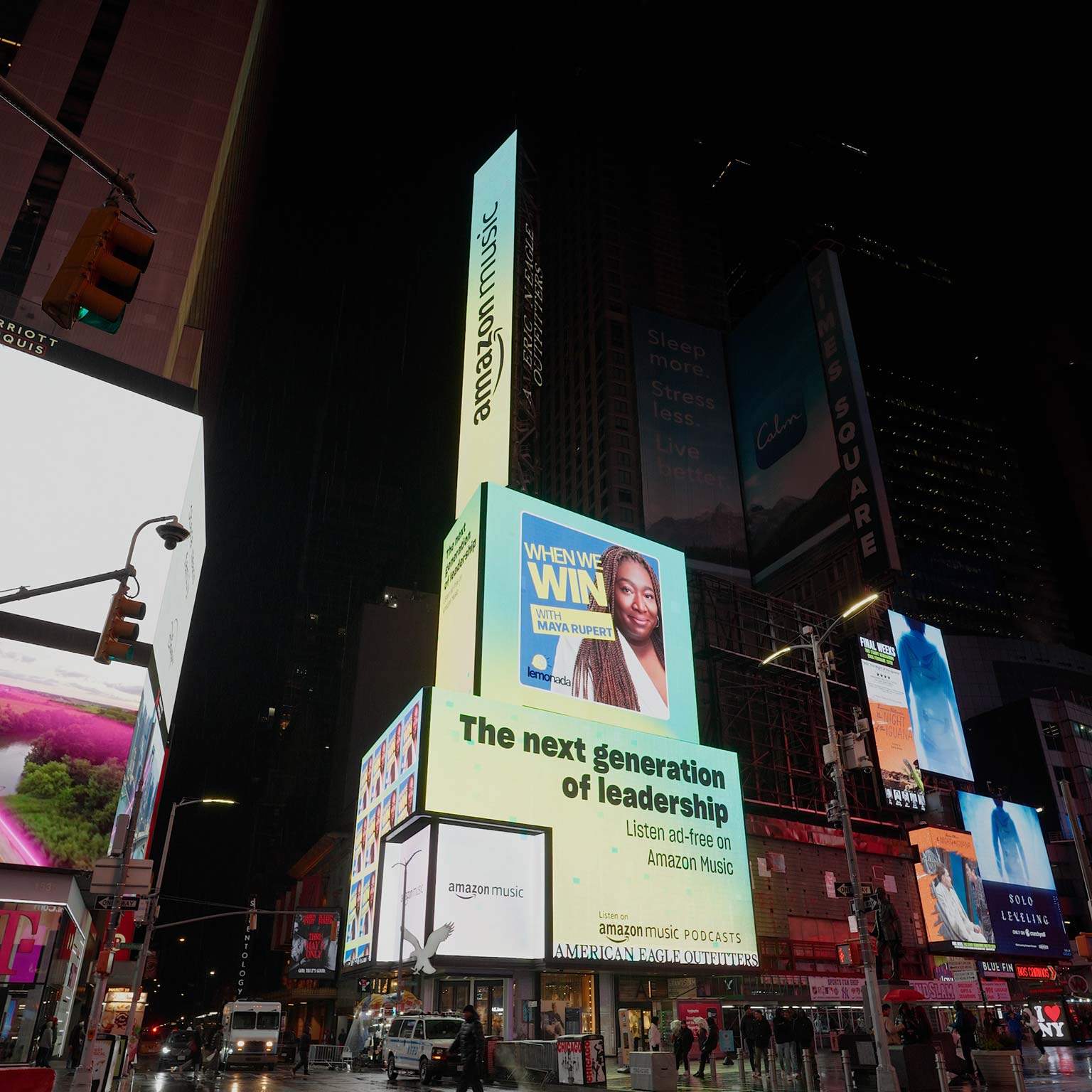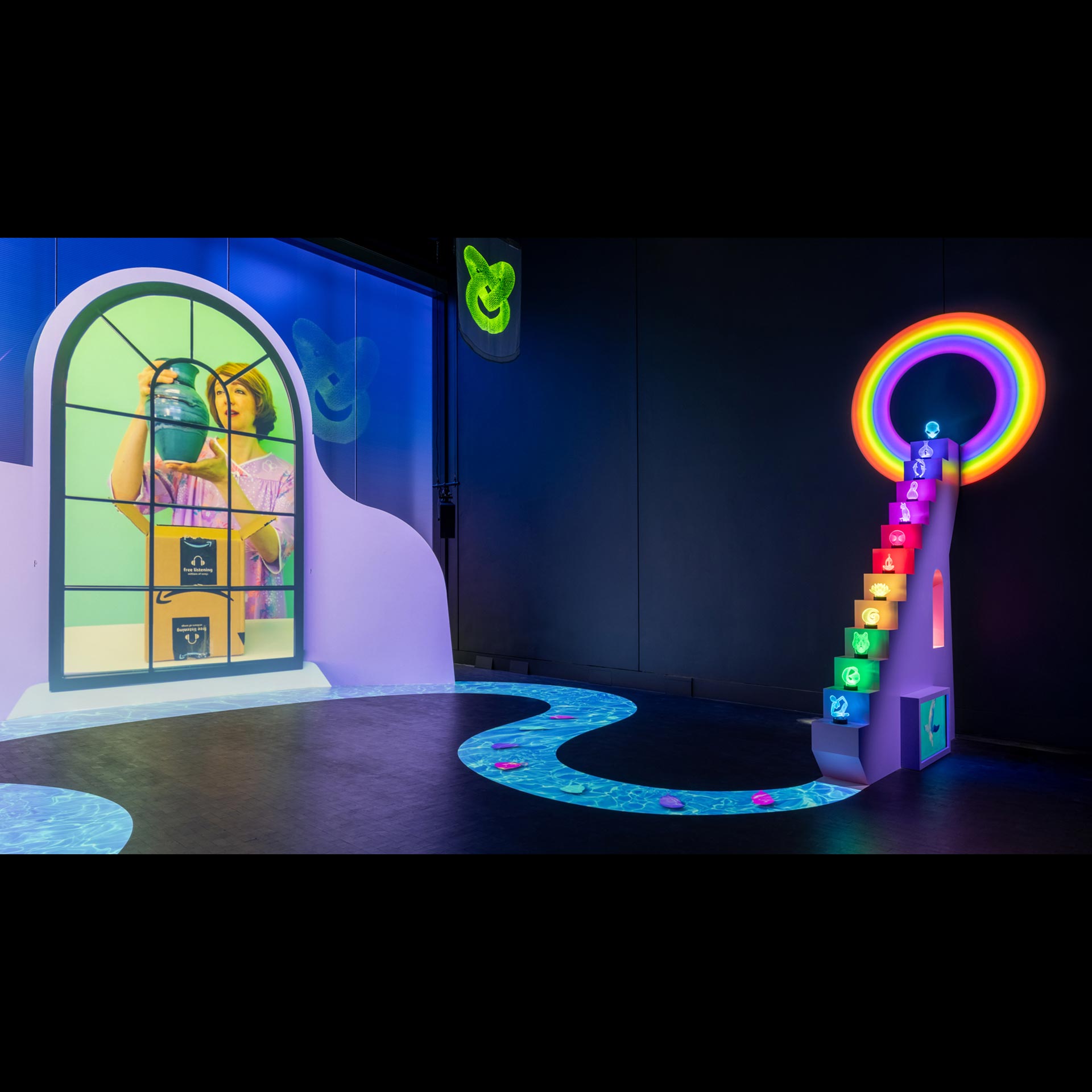
The accidental, and optimistic, political strategist
Maya Rupert, photographed at the Club and Guest House at UC Santa Barbara, where she was keynote speaker for a Women in Business luncheon.
PHOTO BY MATT PERKO
The accidental, and optimistic, political strategist
by Shelly Leachman
WELL, HERE’S A FEELING you’re not often left with after discussing today’s political climate: hope. Yet there was hope, jumping up and down and raising its hand to be called upon, springing from the mouth of Maya Rupert ’03. She makes a convincing case — a surprising feat considering her vocation.
This is Maya Rupert, political strategist. She is the former presidential campaign manager for Julian Castro, turned senior adviser to presidential candidate Elizabeth Warren, then campaign manager for New York City mayoral candidate Maya Wiley. Which is to say: The call is coming from inside the house.
“I see the division on cable news and I see it at the national level, but when I talk to people, I don’t see it in politics to the extent that politics is a science of us, of people,” says Rupert. “Our national politics don’t really reflect who most people are. On a day-today basis, if you don’t say the word ‘Trump,’ people are not that divided. We all want an ability to make a life for ourselves and our families. We all have a concept of justice, a basic sense of fairness. We agree that we need affordable healthcare and childcare. We’re all rolling our eyes at how expensive groceries have gotten. We all want a fair shot. These are collective values.

Maya working alongside Julian Castro during his presidential campaign.
PHOTO Courtesy

An advertisement for Maya’s podcast, “When We Win,” as seen in Times Square.
PHOTO Courtesy
“Until we call it ‘politics,’ we’re in agreement on a lot, and I think we’re in agreement on a lot that actually is a shockingly progressive vision of the world,” she adds. “There is so much more that we are united around that we instinctively understand. It’s just getting us to translate it to the way that we vote and the way that we talk about this stuff at a bigger level. And that feels a lot easier to me than trying to change the mind of half of the country. I don’t think we have to do that.”
Rupert double-majored in political science and philosophy at UC Santa Barbara but never saw herself making a career in politics. “I really thought of it as a way of looking at the world during college,” she says. “And I knew I wanted to go to law school, but it was not with an eye toward, ‘I’m going to end up in politics.’” She got a law degree at UC Berkeley, clerked for a year with an appellate judge, then put in three years at a big firm. Working in private practice, she recalls now, made her realize she did not want to work in private practice. What she was truly drawn to was policy — and politics. She moved to D.C. and it was on.
“Until we call it ‘politics,’ we’re in agreement on a lot, and I think we’re in agreement on a lot that actually is a shockingly progressive vision of the world”
By 2015, during President Obama’s second term, Rupert was working in the U.S. Department of Housing and Urban Development, under Secretary Julian Castro. He would eventually convince her to run his presidential campaign. Her career as a strategist was officially in full bloom. And it’s still bearing all kinds of fruit.
Underpinned by her infectiously effervescent vibe, Rupert’s latest venture is “When We Win,” a political podcast with hope in its heart. In each episode, Rupert talks to women of color currently in office who ran against seemingly insurmountable odds and won, from the all-women city council in St. Paul, Minnesota, to Lauren Underwood of Illinois, the first woman, the first person of color and the first millennial to represent her community in Congress. By way of these conversations, the show — tagline: “Stop asking yourself if we can win, and start imagining what we’ll do when we win” — explores questions such as, “Is the impossible possible?” and, “What will it take to create a truly engaged democracy that represents all of us?”
“I wanted to do something that was political in this moment that made people feel inspired, that made people feel like there’s a reason I care about this,” Rupert says of the motivation behind her show. “I work in this field, and I wanted to show that it’s not just that people are fighting — they’re winning. We are seeing a shift. People are hungry for a different way that we do politics and the way we pick our leaders. People want to do it differently, and that’s so moving.
“You want to hope for something? People are electing city councils and school boards and library boards,” she adds. “You want to feel like you just overthrew your government? Go pick who’s going to be on your library board in a time that people are trying to ban books. We have the ability right now to make change on the biggest things.”


